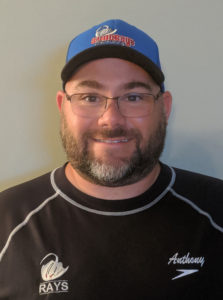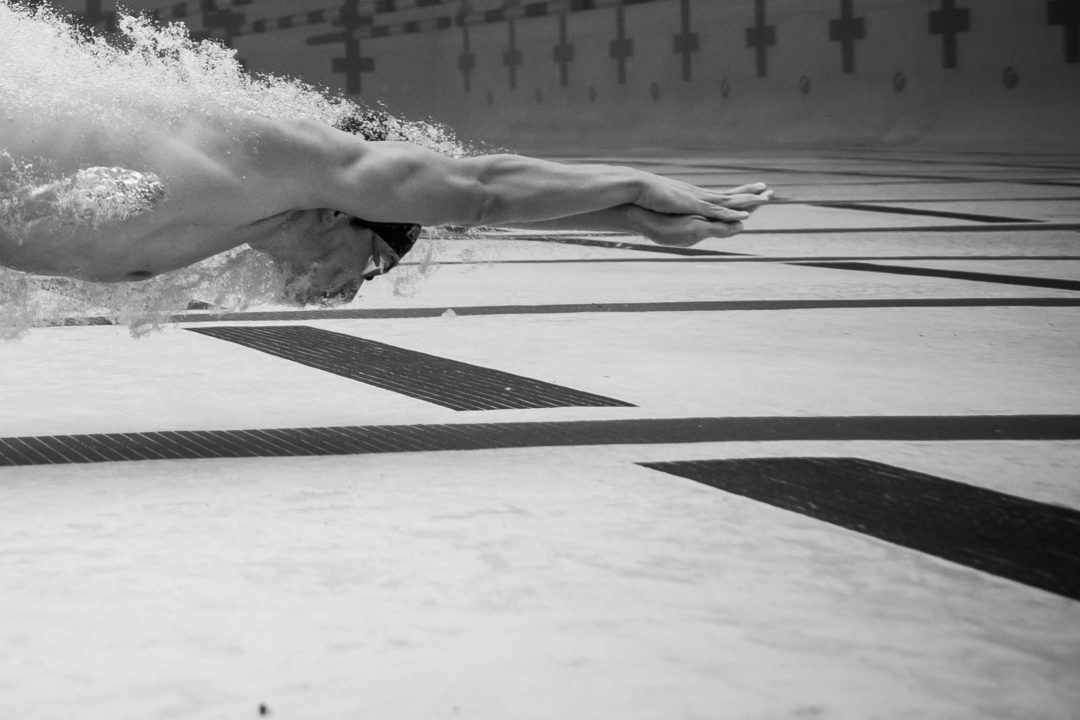SwimSwam welcomes reader submissions about all topics aquatic, and if it’s well-written and well-thought, we might just post it under our “Shouts from the Stands” series. We don’t necessarily endorse the content of the Shouts from the Stands posts, and the opinions remain those of their authors. If you have thoughts to share, please send [email protected].
This “Shouts from the Stands” submission comes from Anthony Pedersen, head site/senior coach for the Rappahannock Area YMCA Stingrays in Fredricksburg, Virginia.
Coaches talk about developing not only the athlete, but the WHOLE PERSON. Have you ever sat back and thought about what that meant? I am going to try and explain what it means to me in 10 simple parts.
- Time management/Punctuality – It is not just about being able to manage your time with all of your different responsibilities, it is also about being on time. “Early is on time, and on time is late, and late is unacceptable!” – Unknown
- Goal Oriented – Understanding how to set not just BIG long term goals, but also set short term SMALLER goals that help you continue to work towards that long term goal. A good example is I (Coach Anthony) am trying to walk 1500 miles in the calendar year. Each month I set a goal of what mileage I want to be at by the end of the month in order to ensure I will succeed if not supersede my goal.
- Responsibility – Being accountable to yourself and others. When you say you are going to do something, follow through.
- Teamwork – Swimming may seem like an individual sport, but it actually requires a lot of team work. This means developing friendships, mutual inspiration and admiration, and respect amongst teammates. Great examples of teamwork would be cheering on everyone swimming in your lane as they finish a long set, providing words of encouragement throughout a long set, or challenging each other during a tough set.
- Confidence – Having belief in yourself AND the group. Believing in your coaches, leaders and team.
- Courage – The ability to “Fail Beautifully”. During points of failure is where you can learn the most about yourself. If you are not willing to take the risks, you will never know your true potential. Despite what you may think, no one succeeds at everything they do the first time.
- Communication – Being able to communicate with your teammates, coaches, parents, teachers and anyone else in your life. You need to be able to communicate your goals, schedule, and conflicts.
- Honesty – Being 100% honest with yourself.
- Diligence – Being able to continue working towards long term and short term goals even when obstacles or setbacks happen. Working towards a goal is never a straight line. Life will get in the way. It is how you work your way through the hard times that you will begin to thrive and grow not only as an athlete but as an individual.
- Leadership – Not everyone is a vocal leader. I was not a vocal leader growing up. I would lead by example, meaning I would know the whole set, know the intervals and when we were leaving and I was going to push everyone by pushing the pace every day. Vocal leaders need to be a positive force that rallies their teammates towards their own goals. Leaders are about the “WE” not the “ME.” As cliché as it sounds “There is no I in TEAM.” Leaders look for the glory of the team, not just themselves.
If as coaches we are able to help hone each one of these skills and traits, we will be doing a tremendous job.
About Anthony Pedersen
 I have been a swim coach for just over 18 years. As a coach I have gotten to work with athletes in Virginia, Arizona and Texas. I am currently the Head Site/Senior Coach for the Rappahannock Area YMCA Stingrays (RAYS) in Fredericksburg, Virginia. You can follow my blog here, or you can follow me on Instagram or Twitter.
I have been a swim coach for just over 18 years. As a coach I have gotten to work with athletes in Virginia, Arizona and Texas. I am currently the Head Site/Senior Coach for the Rappahannock Area YMCA Stingrays (RAYS) in Fredericksburg, Virginia. You can follow my blog here, or you can follow me on Instagram or Twitter.

Nice ideas.
Swimming probably has destroyed confidence in more kids than it has built confidence in.
In my experience a culture that is more outcome driven then process driven produces kids with higher anxiety and lower self-esteem. Outcomes that focus on placings and best times are not sustainable unless the process becomes the focus and kids understand that they must be adaptable as they grow and mature into adults.
Yup. Folks can downvote my comment all they want, but your comment explains exactly why it is correct.